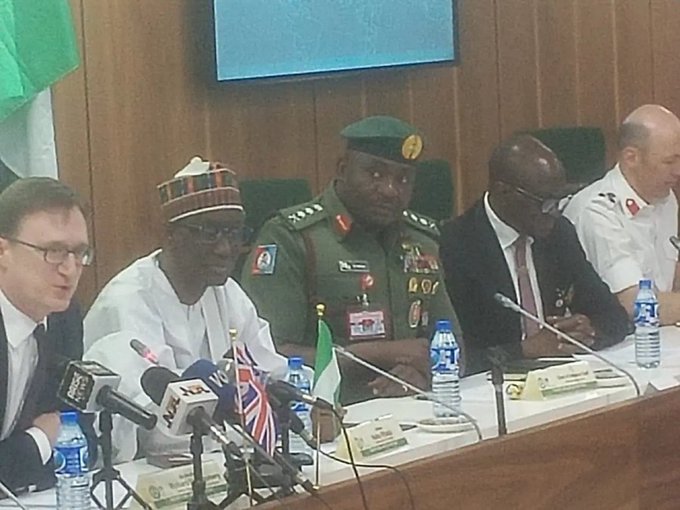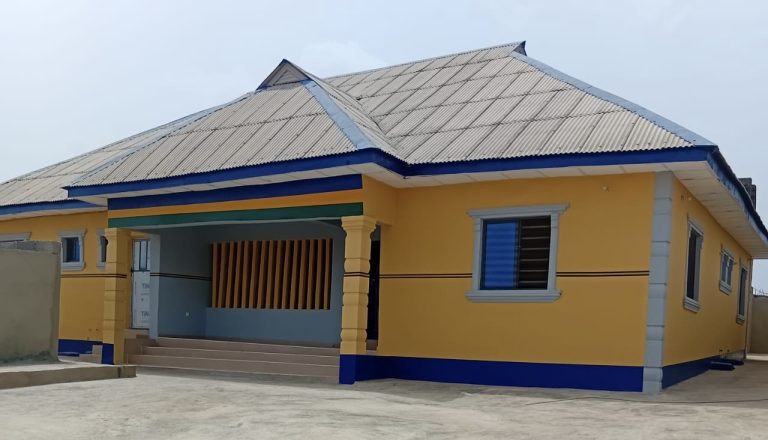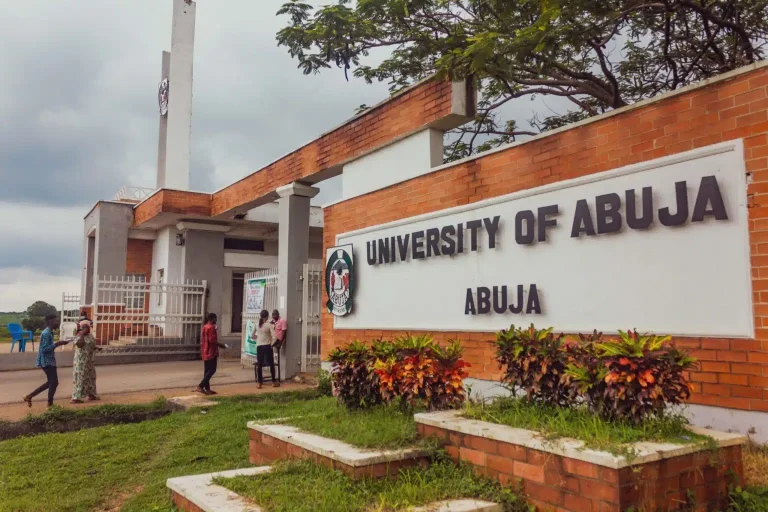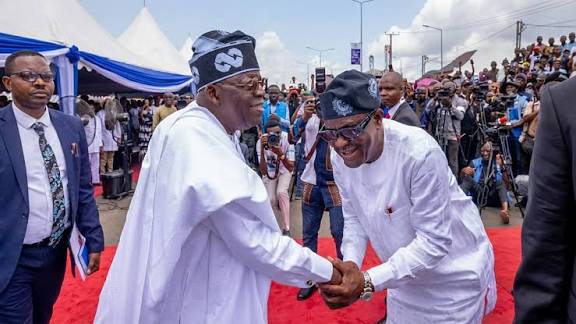
General Christopher Musa, Nigeria’s Chief of Defence Staff, has revealed that approximately 200,000 former terrorists have laid down their arms and surrendered to military troops in the North-East region. This achievement, he said, is due to the combined efforts of kinetic and non-kinetic operations implemented by the Nigerian Armed Forces.
Speaking at the Security and Justice Symposium in Abuja, organized by the Office of the National Security Adviser (ONSA) in collaboration with the British High Commission, General Musa emphasized the importance of justice, equity, and accountability in addressing security challenges. He noted that sustainable peace depends on addressing underlying socio-economic grievances.
Musa highlighted the success of non-kinetic strategies, including enhanced communication and community engagement, which have convinced many terrorists to abandon their activities. However, he also identified persistent challenges, such as the use of improvised explosive devices (IEDs) and the role of informants and logistics networks supporting terrorist activities.
“We’ve realized that denying terrorists their logistics and financial oxygen significantly weakens them,” he said, adding that innovative and collaborative approaches are essential to countering insurgency effectively.
The symposium brought together key stakeholders, including representatives from the military, law enforcement, human rights organizations, and civil society groups. Discussions focused on strengthening the relationship between military operations and law enforcement, improving civilian protection, and enhancing accountability in counterterrorism efforts.
National Security Adviser Mallam Nuhu Ribadu underscored the symposium’s goals of fostering collaboration, strengthening legal frameworks, and ensuring the protection of civilians. The British High Commissioner to Nigeria, Richard Montgomery, lauded Nigeria’s approach of integrating civil-military collaboration and upholding human rights in counterinsurgency efforts.
Montgomery stressed the importance of aligning military strategies with international humanitarian law and human rights principles, noting that lessons from Nigeria’s security architecture could be valuable globally.
The symposium reinforced the need for collective and multi-faceted efforts to tackle Nigeria’s complex security challenges while prioritizing justice and accountability.




